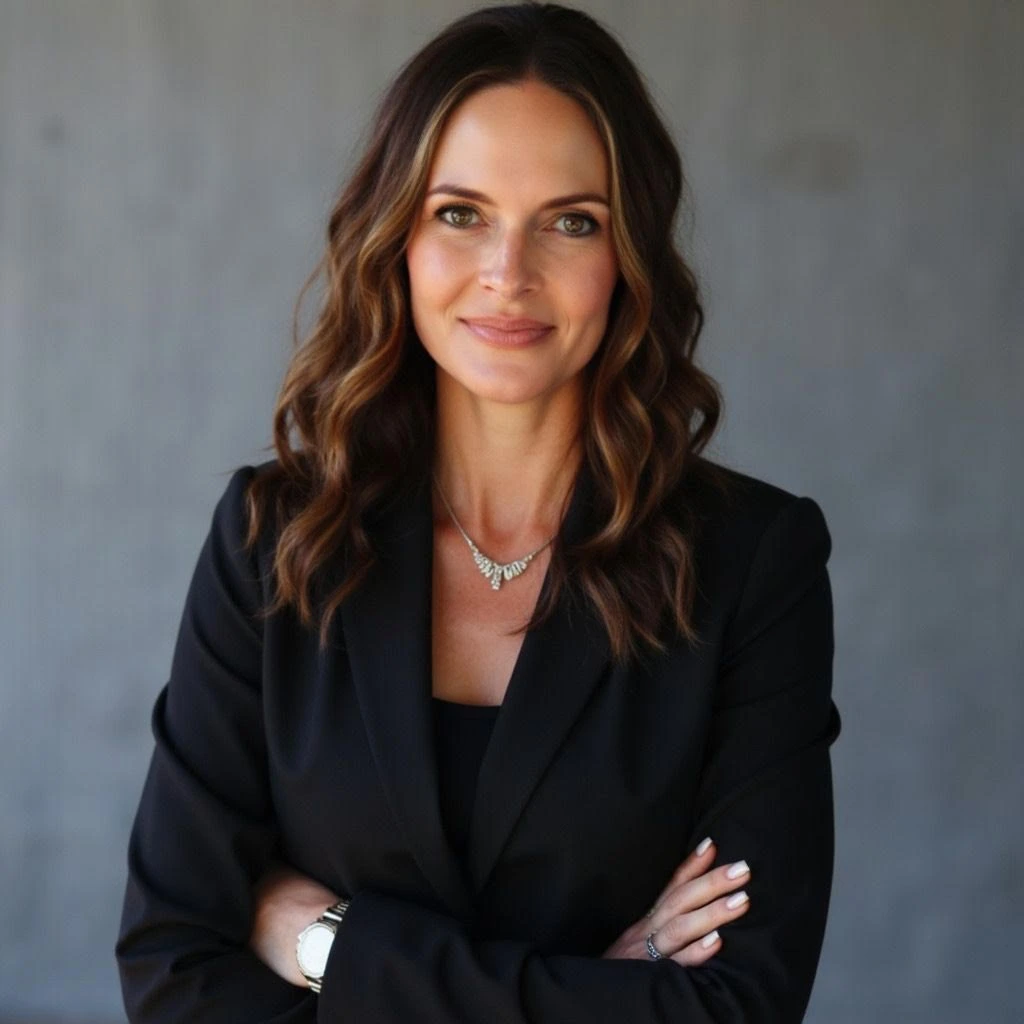Mediation Services
Turn Conflict into Resolution
Serving Clients Virtually from all over South Africa
Mediation Service
When we work together, you’re not just getting a Mediator – you’re getting someone who truly understands what you’re going through.
I won’t judge your situation or push you toward solutions that don’t feel right. Instead, I’ll guide you through a process that puts you back in control.
I’m not just passionate about Mediation – I’m fully qualified to help you:
- NABFAM Accredited Mediator: Specialized training in family disputes.
- SAAM Registered Member: Recognized professional standards Social.
- Listed on the GPP Directory (Gauteng High Court).
- Paralegal Practitioner (UCT)
- Social Justice Foundation Member: Committed to fair, accessible resolution.
- COMENSA Registered Life Coach: Equipped to support your personal journey.
- Continuing Professional Development (CPD)
I’ve been where you are.
As someone who’s navigated the complexities of a blended family firsthand, I understand the emotional rollercoaster you’re experiencing right now.
My personal journey led me to mediation, and now it’s my passion to help others find their way through conflict to a better place.

What is Mediation?
A Better Path to Resolution
Mediation is a voluntary, confidential process where I serve as your neutral guide—helping you and the other party communicate effectively and reach agreements that work for everyone involved.
Unlike court battles, mediation puts you in control of the outcome. Together, we’ll create solutions tailored to your unique situation in a safe, supportive environment where both voices are heard and respected.
The result? Agreements that actually work for your family’s future.
Why Choose Mediation?
The Smart Alternative to Court
- Faster & More Affordable: Resolve disputes in weeks, not years
- You Stay in Control: No judge decides your family’s future
- Confidential & Private: What’s discussed stays between us
- Less Stressful: Collaborative, not combative
- Better for Children: Preserve family relationships
- Flexible Solutions: Agreements that fit your real life
- Win-Win Outcomes: Everyone’s needs matter
“In the middle of difficulty lies opportunity.” – Albert Einstein

What Can Be Mediated?
Family Matters:
- Divorce and separation agreements
- Parenting plans and custody arrangements
- Child support and maintenance
- Post-divorce modifications
- Co-parenting conflicts
Family Dynamics:
- Parent-teen conflicts
- Elderly care decisions
- Family meetings and decision-making
- School-related disputes
Other Disputes:
- Workplace conflicts
- Relationship separations
- Section 22 Agreements
- Custom dispute resolution
Available both in-person in Gqeberha/Port Elizabeth and remotely
Mediation Process?
Consultation
Free 15-minute consultation to discuss your situation.
Assess
Determine if Mediation is right for your specific conflict.
Begin Sessions
Begin sessions within days, not weeks.
Mediation Service FAQ
1. What is Mediation and how does it work?
Mediation is a voluntary, confidential process where a neutral third party (mediator) helps disputing parties reach mutually acceptable agreements. I facilitate discussions online and in-person between parties in a safe environment, allowing them to communicate openly and work toward solutions that benefit everyone involved. Unlike court proceedings, mediation puts you in control of the outcome.
2. How much does Mediation cost compared to going to court?
Mediation typically costs 80% less than litigation. While court cases can cost tens of thousands of rands and drag on for years, most Mediations are completed in 4-8 sessions over 6-12 weeks. You'll save money on legal fees, court costs, and time away from work. I provide transparent pricing upfront so there are no surprises.
3. What types of disputes can be Mediated?
I mediate a wide range of disputes including divorce and family conflicts, custody and parenting plans, workplace disputes, employer-employee conflicts, maintenance disagreements, post-divorce modifications, elderly care decisions, business partnership disputes, and neighbor conflicts. Both family and commercial disputes can benefit from Mediation.
4. How long does the Mediation process take?
Most Mediation cases are resolved within 6-12 weeks, requiring 4-8 sessions of 2-3 hours each. This is significantly faster than court proceedings which can take 12-24 months or longer. The exact timeline depends on the complexity of your dispute and how quickly parties can reach agreements.
5. Is Mediation legally binding in South Africa?
Yes, mediation agreements can be made legally binding. Once all parties sign the settlement agreement, it becomes enforceable. For family matters, the agreement can be made an order of court. This gives you the same legal protection as a court judgment but with much less time, cost, and stress.
6. What are the benefits of choosing Mediation over litigation?
Mediation offers numerous advantages: it's faster and more affordable, maintains privacy and confidentiality, preserves relationships, gives you control over outcomes, reduces stress and trauma (especially for children), allows flexible scheduling, and creates customized solutions. You avoid the adversarial nature of court proceedings.
7. Do both parties need to agree to Mediation?
Yes, Mediation is a voluntary process that requires all parties to participate willingly. However, many people initially resistant to Mediation become open to it once they understand the benefits. Courts often encourage or mandate mediation before proceeding to trial, and many find it's exactly what they needed.
8. What qualifications should I look for in a Mediator?
Look for Mediators with proper accreditation and training. I'm NABFAM accredited, SAAM registered, and a Social Justice Foundation member. I'm also a COMENSA registered life coach. These credentials ensure I have the specialized training in conflict resolution, family dynamics, and ethical standards required for effective mediation.
10. What happens if Mediation doesn't work?
If Mediation doesn't result in a full agreement, you haven't lost anything - you can still pursue other options like litigation. However, even partial agreements reached during Mediation can narrow the issues for court, saving time and money. Many disputes that seem impossible to resolve do find solutions through the Mediation process.
11. Is Mediation confidential and private?
Yes, Mediation is completely confidential and conducted "without prejudice." What's discussed in Mediation cannot be used against you in court if the process doesn't succeed. This confidentiality encourages honest communication and creative problem-solving. Your private matters stay private, unlike public court proceedings.
12. How do I prepare for my first Mediation session?
Come prepared to discuss your concerns, needs, and desired outcomes openly. Bring any relevant documents, but more importantly, bring an open mind and willingness to listen. I'll guide you through the process, create a safe environment for discussion, and help facilitate productive conversations toward resolution.
13. What's the difference between mediation and arbitration?
In mediation, you control the outcome and the mediator helps facilitate agreement between parties. In arbitration, an arbitrator makes a binding decision for you, similar to a judge. Mediation is collaborative and voluntary, while arbitration is more like a private court proceeding where you present your case and accept the arbitrator's decision.
14. Is mediation suitable for high-conflict situations?
Mediation can work even in high-conflict situations, though it requires skilled mediators and willing participants. The structured, neutral environment often helps reduce tension and focus on solutions rather than blame. However, mediation may not be appropriate in cases involving domestic violence, abuse, or where one party refuses to negotiate in good faith.
15. What if we only reach partial agreement in mediation?
Partial agreements are still valuable and common in mediation. Even if you don't resolve everything, you can settle some issues, which saves time and money if you need to pursue other options for remaining disputes. Many mediations result in partial agreements that significantly narrow the scope of any future legal proceedings.
16. Can I bring a lawyer to mediation sessions?
Yes, you can bring a lawyer to mediation sessions if you choose. While it's not required, some people feel more comfortable having legal representation present. The mediator will determine what role your lawyer plays during the session - they may observe, provide advice during breaks, or participate in discussions as appropriate to your situation.
17. What happens if the other party refuses to participate in mediation?
Mediation is voluntary, so both parties must agree to participate. If someone initially refuses, you can explain the benefits - faster resolution, lower costs, and more control over outcomes. Sometimes courts encourage or require mediation before litigation. You can also have the mediator reach out to explain the process, which often helps reluctant parties understand the value.
18. Do I need to prepare documents before starting mediation?
While you don't need extensive preparation for the first session, gathering relevant documents helps the process move smoothly. This might include financial records, contracts, employment documents, or any paperwork related to your dispute. Your mediator will guide you on what specific documents are needed for your particular situation.
19. Can mediation agreements be changed or modified later?
Yes, mediation agreements can often be modified if circumstances change significantly. This is actually one of mediation's advantages - the flexibility to adapt agreements when life changes. The process for modifications depends on what was agreed upon initially and may require returning to mediation or following specific procedures outlined in your original agreement.
20. Can mediation be used for business and commercial disputes?
Absolutely. Mediation is highly effective for business disputes including partnership disagreements, contract disputes, employment issues, vendor conflicts, and intellectual property matters. It's particularly valuable for businesses that want to preserve ongoing relationships while resolving conflicts quickly and confidentially.
21. How do I know if my mediator is qualified and experienced?
Look for mediators with proper training, certification, and experience in your type of dispute. Ask about their background, training programs completed, professional memberships, and success rates. A qualified mediator should be transparent about their credentials and experience handling cases similar to yours.
22. What should I expect during my first mediation session?
The first session is typically low-pressure and focuses on understanding the process, establishing ground rules, and identifying key issues. Your mediator will explain how mediation works, discuss confidentiality, and help create a safe environment for communication. No major decisions need to be made in the first meeting.
23. Can mediation work if there's a significant power imbalance between parties?
Skilled mediators can address power imbalances through various techniques like separate sessions (caucusing), ensuring equal speaking time, and creating structured communication processes. However, mediation may not be appropriate if the imbalance is severe or involves intimidation, abuse, or situations where one party cannot advocate for themselves effectively.
24. What happens if mediation fails to resolve our dispute?
If mediation doesn't result in full agreement, you haven't lost anything and can pursue other options like litigation or arbitration. The mediation process often helps clarify issues, improves communication, and may lead to partial agreements that make any subsequent legal proceedings faster and less expensive. Many disputes that seem impossible initially do find resolution through mediation.




